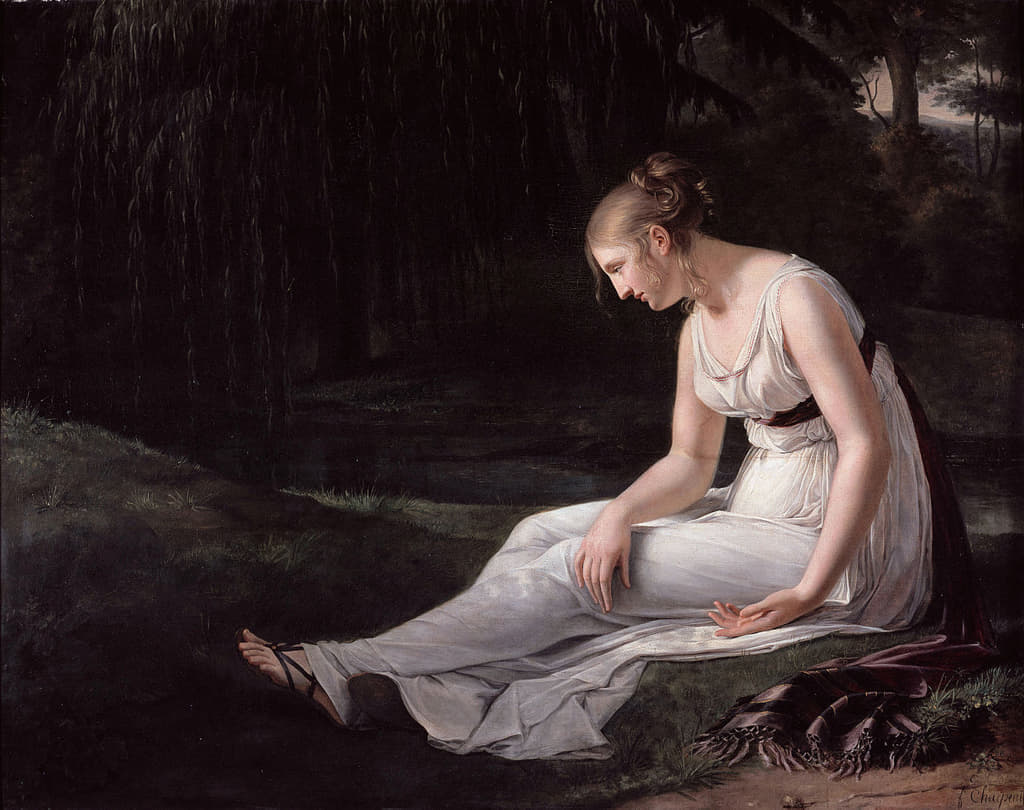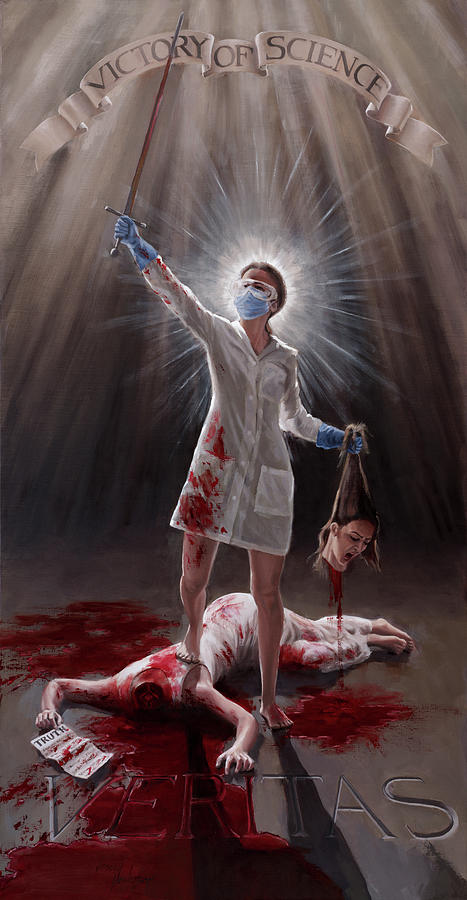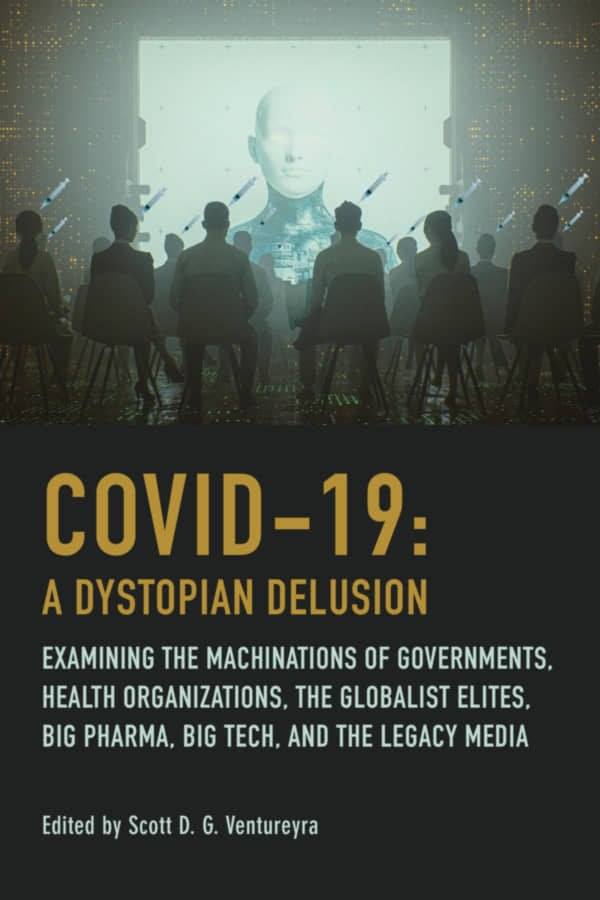According to the World Health Organization, over 700,000 people commit suicide per year, and many more attempt it. Alarmingly, it is the fourth leading cause of death for people 15-29 years of age. The situation worsened with widespread lockdowns in 2020 and 2021. Even though suicide has been documented and studied for over 3,000 years, our knowledge of it remains quite tenuous. Although it’s been on the rise in recent years, historically, it’s been a problem since the revolution in human self-awareness that took place around 70,000 B.C.
In his 1942 absurdist philosophical essay The Myth of Sisyphus, journalist and philosopher (a title which he himself denied), Albert Camus, raises one of the most notable existential questions of the twentieth century, one that cuts to the core of human existence: “There is but one truly serious philosophical problem and that is suicide. Judging whether life is or is not worth living amounts to answering the fundamental question of philosophy.” Camus was right about the fact that people who commit suicide, whatever their reasons, deem life not worth living, at least at the moment that the dreadful act occurs. (However, an altruistic suicide may not neatly come under such an understanding.) Sisyphus is a Greek mythological character who appears in Book VI of Homer’s Iliad. In post-Homeric times, a legend developed in which Sisyphus is said to have cheated Death and is punished eternally by having to roll up a boulder to the top of a mountain only to have it roll down each time he pushes it to the top. Camus forcefully uses this illustration to show the absurdity of endless repetition and the ultimate meaninglessness of life.
This unfortunate reality is no better captured than in the 1988 cult classic Permanent Record, starring Keanu Reeves, which, unlike many movies in its genre, poignantly depicts the great tragedy of suicide. Reeves’ character, Chris Townsend, loses his best friend, David Sinclair (played by Alan Boyce), to suicide. Outside of a high school party, David decides to take a walk toward the edge of a cliff that overlooks the ocean. Chris follows David and hides behind a boulder in the dark, to playfully sneak up on him, but when he jumps in front of the boulder, he discovers that his friend has disappeared.
One of the most heart-wrenching scenes of the movie is when Chris shares the suicide note he receives from David after his death (which makes Chris realize that David’s death was not accidental but intentional) with David’s parents; upon reading the note, the parents remain in denial, and that’s when Chris states, in reference to David falling: “There was no sound. He didn’t scream.” To which David’s father replies, “He should’ve screamed. I would’ve screamed, wouldn’t you?” It is shocking and heartbreaking for family and friends to learn that a loved one planned their own death.
Throughout the movie, Chris blames himself for David’s suicide and says he should’ve known there was some sort of crisis in David’s life. Later, Chris comes to the conclusion that he will never know the actual reason why his friend committed suicide. The movie effectively evokes the helplessness and emptiness that one endures when such a loss occurs and the unanswered questions that linger. It also illustrates the permanence and gravity of suicide, for known reasons such as the impact it will have on family, friends, and society, as well for unknown reasons such as the consequences for the afterlife.
Undoubtedly, the subject of suicide provokes many questions, such as: Do we continue to exist after death? Do humans have a soul? Where do our souls go after death? Is life sacred? Is there an ultimate meaning to life? Are there ultimate consequences to our actions? Is life worth living? Is there a heaven? Is there a hell? Where do our souls go if we commit suicide? And what does the Bible say about committing suicide and whether that person goes to hell?
The Question of Ultimate Meaning
Even though Camus was an atheist at the time and believed in the ultimate meaninglessness of life, as illustrated in his illustration of Sisyphus, he argues throughout the book that life is still worth living. Essentially, Camus tells us that life has no real meaning but that we must pretend that it does and trudge forward. Under atheism, there is no possibility for ultimate meaning, only subjective and personal meaning, since two important preconditions are not met: the existence of an all-loving, all-powerful, and all-knowing God, and immortality. Thus, life is indeed absurd in the absence of God. However, Christianity, provides ultimate meaning since God promises His followers to be delivered from sin and death into everlasting life. The God-man, Jesus, accomplishes this through His death and resurrection, redeeming and delivering humanity from eternal suffering. As Jesus states in the Gospel of John, “My sheep hear my voice, and I know them, and they follow me. I give them eternal life, and they shall never perish” John 10:27-28. Thus, where a worldview like atheism fails, Christianity triumphs. If there is ultimate meaning, there are also ultimate consequences to our actions. Leaving that aside for the time being, let us probe deeper.
What is Suicide?
So far, we have mentioned characterizations of suicide in literature and cinema, but we haven’t given a proper definition and real-life examples. Most simply put, suicide is the deliberate act of ending one’s own life. But this definition, in and of itself, cannot speak to the moral and ethical issues surrounding each particular instance of suicide since each act of suicide can vary greatly. Consider the following examples, all of which can be considered suicide but differ greatly in intent and circumstances:
- A young man fears failure and the uncertainty of the future, so he decides to jump off a cliff.
- A teenage girl who is overwhelmed with bullying at school and on social media, purposely overdoses on Tylenol.
- A father, foreseeing his own potential death, jumps in front of a spray of bullets to save his children’s lives.
- A soldier who is captured during a time of war and takes a pill to avoid being tortured and imparting secret information.
- A Jehovah’s Witness who refuses a blood transfusion and dies as a result of his decision.
- A serial killer or mass murderer who evades capture by hanging himself.
- Someone who is part of a mass-suicide, like in the case of the Jonestown Massacre, participates in ingesting cyanide due to mind manipulation.
- A woman who suffers from medical depression kills herself and harms her husband in the process.
Some may even try, through twisted logic, to claim that the willful deaths of Jesus’ disciples and followers are a form of self-righteous suicide, but this would be best understood as martyrdom. Nevertheless, each of these cases is significantly different and mustn’t be treated equally. Intention is paramount to answering the question of what happens to someone in the afterlife if they commit suicide. (For an excellent resource on the afterlife, see Gary R. Habermas and J.P. Moreland, Beyond Death: Exploring the Evidence for Immortality).
People may commit suicide for a multitude of reasons, including impulsive acts related to extreme stress, trauma from some sort of physical, mental, and sexual abuse, a mental disorder, substance abuse, self-sacrifice to save others, a form to end physical and mental suffering (as is the case with euthanasia and assisted suicide), relationship issues, an existential void, fear of failure, acting on false information, a way to escape justice, and others. Moral theologians and ethicists argue that there must be a distinction between the subjective and objective aspects of suicide’s morality. The subjective aspect deals with the guilt that is felt by the person who commits suicide, whereas the objective aspect refers to the morality of the suicidal act itself. What these touch upon is whether someone is blameworthy for their action or not. Although the action may be wrong, the subjective experience and surrounding circumstances, as listed in the different examples above, do make a profound difference.
The Bible and Suicide
Even though suicide is mentioned on several occasions throughout the Bible (Judges 16:29–30; 1 Samuel 31:4–5; 2 Samuel 17:23; 1 Kings 16:18; Matthew 27:3–5), it does not speak to the issue explicitly. Nevertheless, the Bible is very clear on its stance against murder, as the sixth Commandment unequivocally states: “You shall not murder” (Exodus 20:13), which was also stated by Jesus (Matthew 19:18). Much in the same way that someone can be blameworthy for an act of murder, so it is with suicide since it is a violation of the sanctity of life; human life is to be treated not as a means to an end but as an end itself. It also violates the natural law and the biological inclination to maintain existence, whether one must endure hardships or not; it is also a moral duty to one’s self, family, community, and to God. Biblical Christianity makes clear that our life is not our own but a gift from God: “We do not live for ourselves. If we live, we live to the Lord, and if we die, we die to the Lord; so then, whether we live or whether we die, we are the Lord’s” (Romans 14:7-9). Thus, depending on the intention of the suicidal act, it may indeed be an eternally culpable offense. God’s will ultimately determines how and when someone dies as the Owner of life and all of existence; any betrayal of this risks elevating ourselves above God and His will.
What about Hell?
Hell is one of the most frightening concepts in all of Christendom. Traditionally, hell has been viewed as a place of eternal punishment, torment, and suffering. Hell is also described as a place that is devoid of God and, by implication, of all love, joy, and goodness. Throughout the Scriptures, there are many references to hell. In the Book of Daniel, we find the following verse: “Many of those who sleep in the dust of the earth shall awake, some to everlasting life, and some to shame and everlasting contempt” (Daniel 12:2). The Gospel of Matthew warns us of hell: “And these will go away into eternal punishment, but the righteous into eternal life” (Matthew 25:46). The Book of Revelation describes hell in the following way: “But as for the cowardly, the faithless, the polluted, the murderers, the fornicators, the sorcerers, the idolaters, and all liars, their place will be in the lake that burns with fire and sulfur, which is the second death” (Revelation 21:8). Thus, the Scriptures do not paint an alluring picture of hell. It is a place that people should avoid at all costs.
Based on the Scriptures, theologians have offered different interpretations of what hell might entail. Five views are useful in outlining the main theological understandings of hell.
First, the literal view is one of eternal conscious torment in a literal fire. Second, the metaphorical understanding views hell as a place of eternal torment, but one where the authors of the Scriptures are using hyperbole and not meant to be taken literally. Third, the purgatorial view does not deny the existence of hell but advocates for an intermittent place for those who require some temporary cleansing before they are ready for heaven. According to Roman Catholic theology, living people can aid in this cleansing through prayer. Fourth, there is the annihilationist view (similar to the conditionalist), which argues for the annihilation of any soul over eternal conscious torment. Lastly, there is the universalist view of hell. Not all theologians who advocate for this view agree whether there is a hell or not, but if there is, they believe it is temporal and for corrective purposes. Interestingly, the early Christian theologian Origen believed that all rational souls would be saved, including the devil and his demons. Nonetheless, it is all dependent on God’s charity, mercy, and willingness to regenerate these fallen beings.
So, does someone who commits suicide go to hell? The answer is far more complicated than many people believe, as it involves numerous factors. First, we must understand the subjective and objective aspects surrounding the suicidal act. Second, Christian theology allows for various interpretations of hell. And last and most importantly, we must always be reminded that no one is in a position to judge whether someone has gone to hell or not. It could be that the person repented right before the moment of death, which mind-body dualists (substance dualism) view as the separation of the soul from the body. We are also in the dark about a person’s interior life, including their moral conscience and what God has deemed just for their eternal destiny.
Salvation is an incredibly complex theological reality, and in this context, a very personal one. It could be that someone who committed suicide may go to hell for reasons aside from committing suicide, i.e., for rejecting Jesus as their Lord and Saviour throughout their lives and, as a consequence, refusing God’s forgiveness. It is also vital to understand that our conception of forgiveness is infinitely flawed as compared to God’s perfect justice and love. Nevertheless, we should take Camus’ question of suicide very seriously and help prevent the tragedy of suicide. We must also not treat the doctrine of hell lightly or as solely an intellectual endeavour but as one requiring existential action.
If you or anyone you know is struggling with suicidal thoughts, seek professional help and discuss this with someone you trust. It is important to understand that life does have ultimate meaning and that the Creator of all existence wants a loving relationship with you.
Scott Ventureyra is an author, theologian, and philosopher. Further information is found on his website. He also offers full publishing services.
Featured: Melancholy, by Constance Marie Charpentier; painted in 1801.




